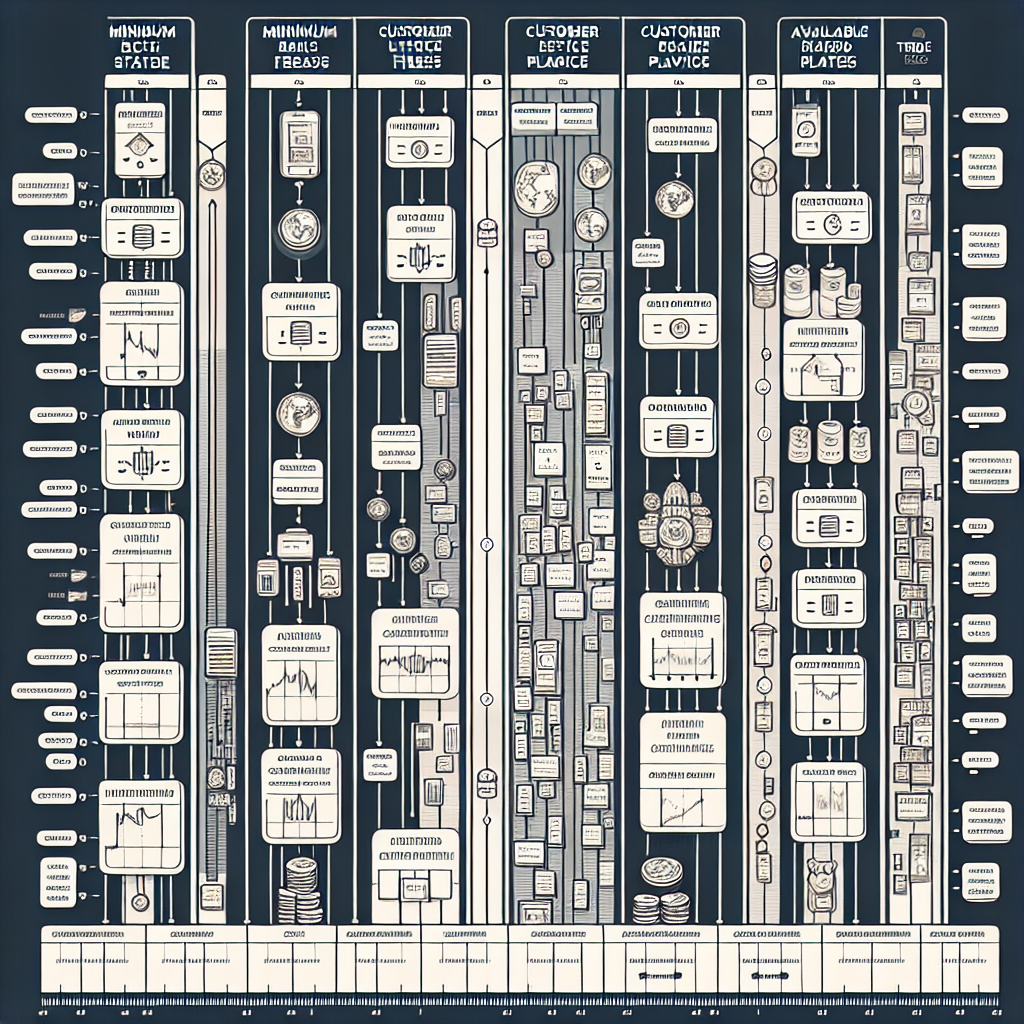Introduction to Trading Accounts
Trading accounts are an essential tool for individuals and businesses who wish to participate in financial markets. They enable users to buy and sell various types of securities, such as stocks, bonds, ETFs, and more. The features of trading accounts can vary significantly from one provider to another, and understanding these differences is crucial for making an informed choice. This article will compare the features of different trading accounts to help you make a better decision.
Types of Trading Accounts
Before we delve into the comparison, it’s important to understand the different types of trading accounts available.
Brokerage Accounts
Brokerage accounts are the most common type of trading account. They allow you to buy and sell securities through a broker, who acts as an intermediary between you and the market.
Retirement Accounts
Retirement accounts, such as IRAs and 401(k)s, are designed for long-term investing. They offer tax advantages but come with restrictions on when you can withdraw your funds.
Margin Accounts
Margin accounts allow you to borrow money from your broker to buy securities. This can amplify your profits, but it also increases your risk.
Managed Accounts
Managed accounts are handled by a professional money manager who makes investment decisions on your behalf. This service usually comes at a higher cost.
Comparison of Trading Account Features
When comparing trading accounts, it’s important to consider several key features.
Commissions and Fees
Different brokers charge different fees for their services. Some may charge a flat fee per trade, while others may charge a percentage of the trade’s value. Additionally, some brokers may charge account maintenance fees or inactivity fees.
Minimum Deposit Requirements
Some trading accounts require a minimum deposit to open an account. This amount can range from a few dollars to several thousand, depending on the broker.
Access to Markets
Not all trading accounts offer access to the same markets. Some may only allow you to trade stocks and bonds, while others may offer access to international markets, options, futures, and more.
Customer Service
The quality of customer service can vary significantly between brokers. Some offer 24/7 support, while others may only be available during business hours. Additionally, some brokers offer support through multiple channels, such as phone, email, and live chat.
Trading Platforms and Tools
The trading platform is your interface with the market, so it’s important to find one that’s user-friendly and offers the tools you need to make informed decisions. Some brokers offer advanced charting tools, real-time news feeds, and more.
Conclusion
Choosing the right trading account is a crucial step in your investing journey. By comparing the features of different accounts, you can find the one that best fits your needs and goals. Remember to consider not only the costs and benefits but also the level of customer service and the quality of the trading platform.




